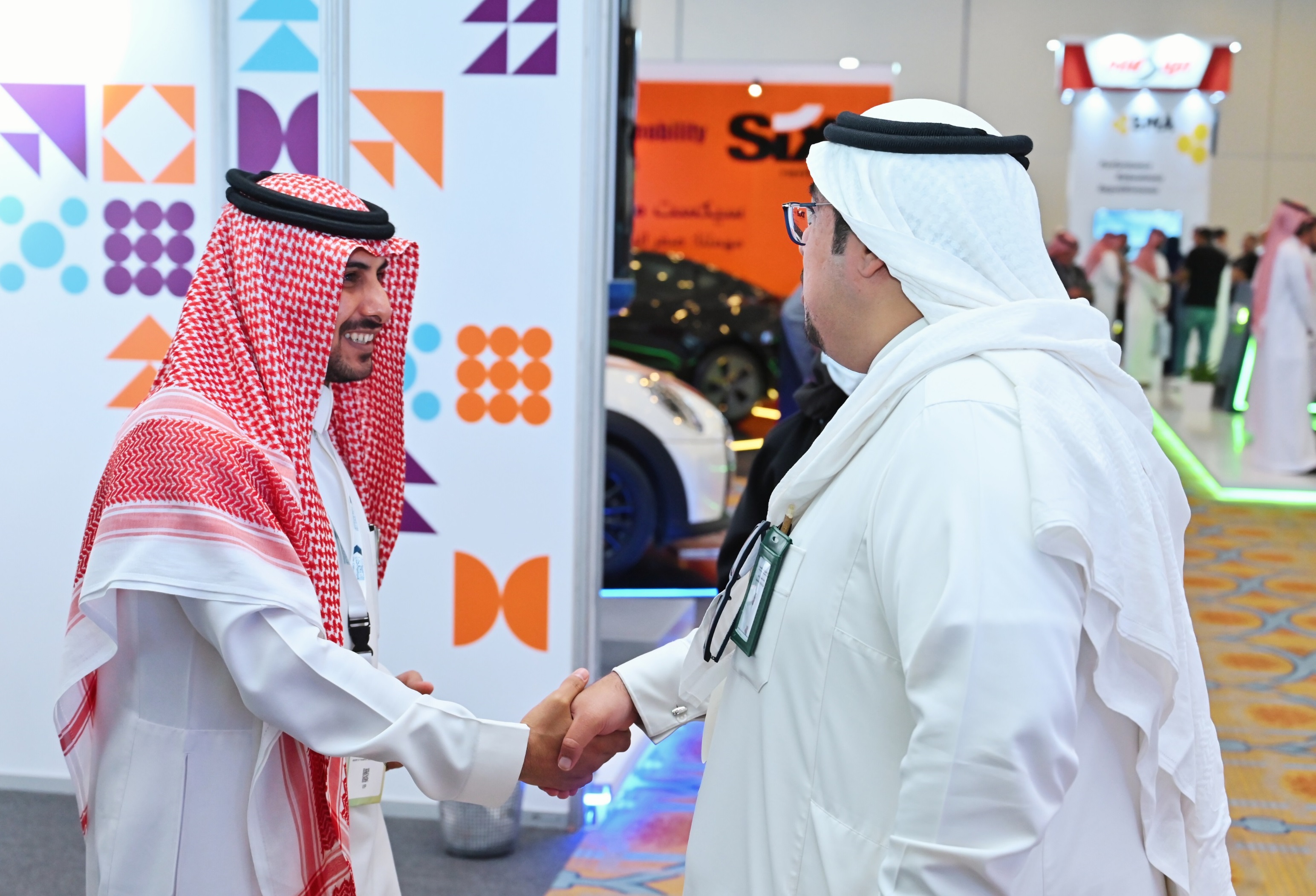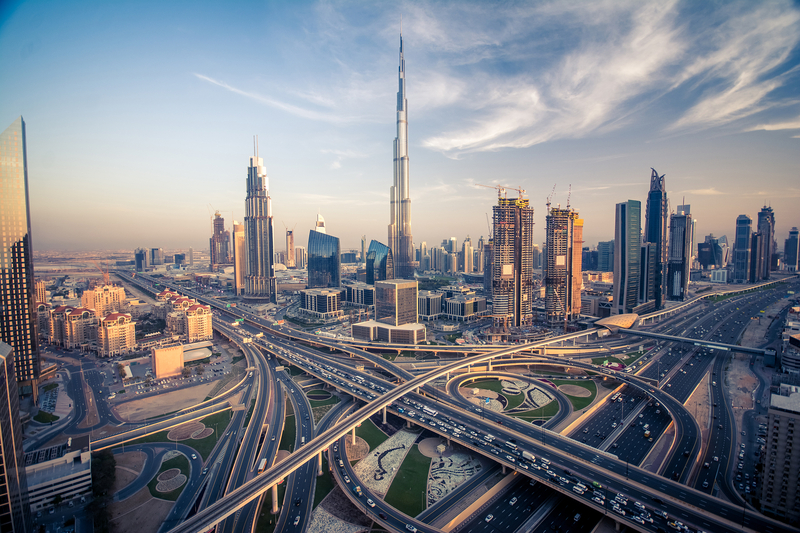Hyperloop has the potential to create a $10 billion supply chain manufacturing ecosystem in the Middle East, says Virgin
The company says it could also improve safety, decrease pollution and reduce congestion, and adds that the United Arab Emirates (UAE) and Kingdom of Saudi Arabia are well-placed to benefit from disruptive technologies in transportation, with governments from both countries exploring autonomous pods, driverless cars and flying taxis.
Amjad Almkhalalati, director - operations, UAE, Virgin Hyperloop One, says Hyperloop can seamlessly connect to other modes of autonomous transportation. He adds that it will be faster than high-speed railway trains and will help reduce congestion in cities while making them more liveable and environmentally friendly.
The technology can create a ‘backbone’ for on-demand deliveries, supply chains and next-generation logistics: “A regional Hyperloop network could unlock billions of dollars in incremental economic growth, establish real exportable expertise, completely transform supply chains across the Middle East.”
Gulf Traffic - for which ITS International is producing Daily News - will take place from the 2-4 December at the Dubai World Trade Center and is expected to attract 3,000 industry peers from 50 countries.
The event will focus on artificial intelligence, road safety and future infrastructure and parking. It will also host presentations from local and regional government transport bodies which will include project updates, reform changes and on-going investment plans.
Exhibitors and sponsors include Siemens, Tesla, Ride with Via, Miovision, Watopedia, Kapsch, Borum, Transcore, PTV, Scansmart/Arvoo, Gridsmart and Sensys Gatso.
Hyperloop could create $10bn supply chain manufacturing ecosystem
Hyperloop has the potential to create a $10 billion supply chain manufacturing ecosystem in the Middle East, says Virgin Hyperloop One. The company says it could also improve safety, decrease pollution and reduce congestion, and adds that the United Arab Emirates (UAE) and Kingdom of Saudi Arabia are well-placed to benefit from disruptive technologies in transportation, with governments from both countries exploring autonomous pods, driverless cars and flying taxis. Amjad Almkhalalati, director










